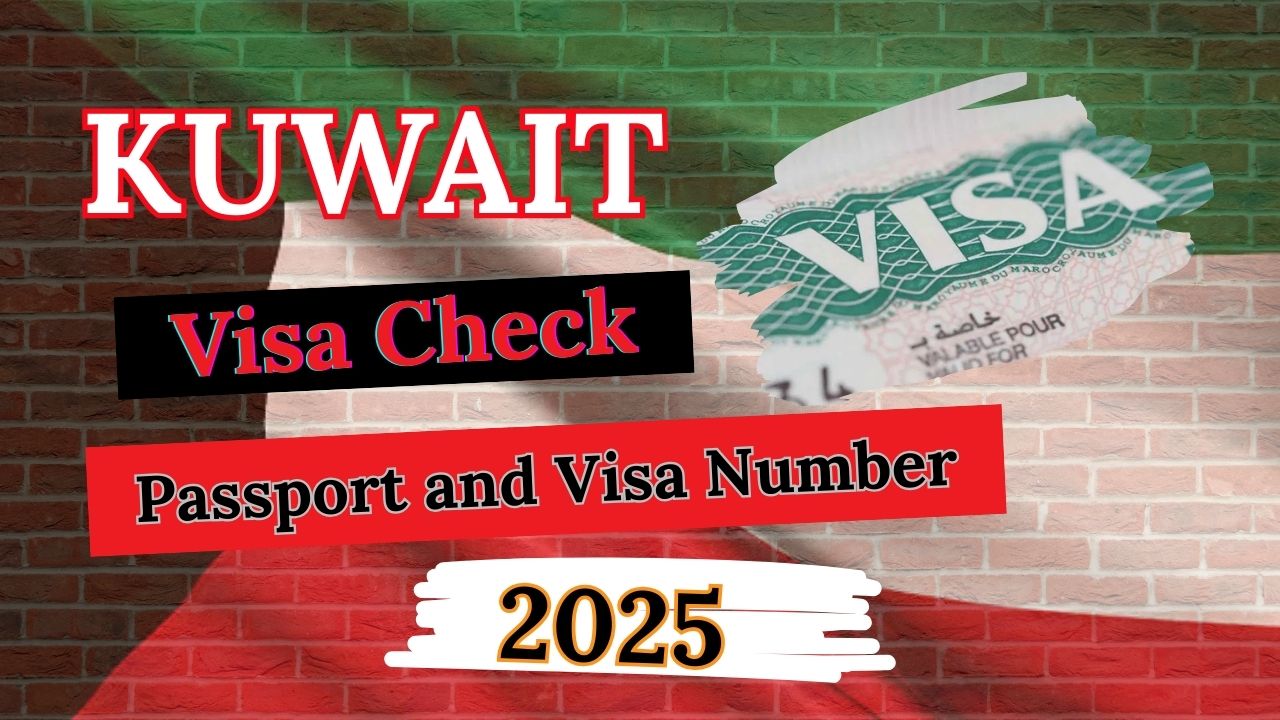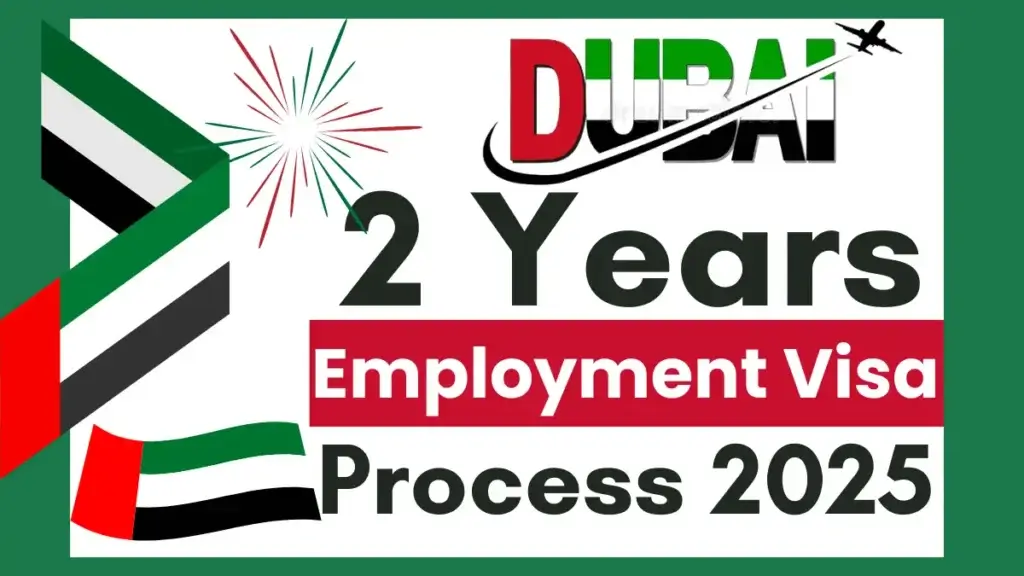UAE Visa Ban Countries List 2026: Which Nationalities Are Affected? If you’re asking, “Which countries are under the UAE visa ban in 2026?”, you’re not alone. The UAE visa ban countries list 2026 is a hot topic while no official list exists, several nationalities are reportedly prevented from obtaining new tourist or work visas to the United Arab Emirates (UAE). Let’s explore what we know, why this matters and how it impacts travellers and workers.
What is the “UAE Visa Ban”?
- A visa ban means that citizens of certain countries cannot apply for new visas (tourist, work, etc.).
- This differs from a travel ban, which prevents entry even with a valid visa (for instance due to debt, criminal cases or overstays).
The distinction is noted by sources that clarify: the UAE hasn’t officially designated it as a “ban” but internal circulars point to visa-issuance halts. - Importantly: Many articles emphasise this is temporary, under review, and for selected categories, not a full lifetime ban.
Why the term “ban” is used
Because multiple media outlets report that nationals of certain countries cannot submit new tourist / work visa applications to the UAE effectively a suspension of issuance.
However, since the UAE government has not released a formal published list, the term “ban” remains colloquial and the claims are labelled “unofficial observations”.
UAE Visa Ban Countries List 2026 – Unofficial Observations
Here is a compiled list (based on various credible media sources) of the countries reportedly under visa-issuance restriction by the UAE:
| Country | Notes / Source |
|---|---|
| Afghanistan | Included in lists of suspended visa issuance. |
| Libya | Reported among the nine affected nations. |
| Yemen | Cited in the suspension list. |
| Somalia | Frequent mention across reports. |
| Lebanon | Included in several sources. |
| Bangladesh | South Asian country reported in latest ban list. |
| Cameroon | African nation included among the nine. |
| Sudan | Included in list of nine countries. |
| Uganda | Listed in multiple outlets as being affected. |
Note: Because official confirmation from UAE immigration is lacking, this list should be treated as informational not an official directive.
Why Are Certain Countries Facing Visa Rejections?
Although there is no official public statement explaining the full reasons for these visa-issuance halts, analysts and media highlight several probable factors.
Key Contributing Factors
- Security concerns – The UAE appears to tighten visa access to reduce risk of illegal employment, overstays or unauthorized residence.
- Immigration & labour-market compliance – Nations with higher instances of visa misuse, fake documentation or contract violations may face stricter scrutiny.
- Diplomatic/geopolitical issues – Relations between countries, regional tensions or instability can influence immigration policy indirectly.
- Health/administrative control – Post-COVID regulatory shifts and broader migration management systems have been cited as part of the rationale.
“Temporary vs Permanent” – What the Reports Say
Almost all credible sources emphasise that the visa-issuance halts are temporary and subject to review. For example: “The UAE government has not officially published any banned countries list… These measures are believed to be temporary and may be reviewed…”
Thus, nationals of listed countries should monitor updates and avoid assuming a permanent ban.
What This Means for Applicants & Affected Nationals
Understanding the practical impact of the ban (or halt) is vital if you’re planning to travel, work or relocate to the UAE.
- Nationals of affected countries may not be able to submit new tourist or work visa applications under standard channels for now.
- If you already hold a valid UAE visa or are residing in the UAE under sponsorship, many reports indicate you are not affected — the restriction appears to target new applications.
- Employers, recruitment agencies and individual applicants must update their plans: job offers may be delayed, visa processing might face suspension.
- For unaffected nationals (e.g., countries not on the list), this may mean tighter scrutiny generally all applicants should ensure full documentation and compliance.
What to Do If You Belong to an Affected Country
Here are recommended steps:
- Verify official updates: Check with the General Directorate of Residency and Foreigners Affairs (GDRFA) in the relevant emirate, or the UAE embassy/consulate in your country.
- Avoid using dubious agents: Since one motive behind the halt appears to be fake documentation, using only legitimate channels helps.
- Prepare genuine and complete documentation: Passport validity, sponsor information, contract/employment details, health/insurance compliance — all must be in order.
- Monitor visa categories: If tourist visas are restricted, other visa types (e.g., family, business, transit) might still be processed under different rules.
- Stay updated: Since the list is unofficial and subject to change, keep checking news and official announcements.
FAQ Section
Q1. Is the UAE government officially banning visas for these countries?
No. The UAE has not publicly issued a formal “banned countries” list. The information is based on media reports and internal circulars that show visa issuance to nationals of certain countries has been suspended.
Q2. If I already have a valid visa for the UAE, am I affected?
According to multiple sources, if you already hold a valid visa or residence permit, you are not affected by the new suspension for new applications. For example: “The restrictions apply only to new visa applications. People who already hold valid UAE visas are not affected.”
Q3. Does this mean I cannot ever go to the UAE if I’m from one of the listed countries?
No — the ban relates to new visa applications (tourist/work) under certain categories. It does not appear to be an absolute travel prohibition or lifetime bar. The measure is reported as temporary and reviewable.
Q4. What are the main reasons behind the UAE visa restrictions?
While no official list of reasons is released, analysts identify: enhanced security screening, immigration compliance, geopolitical/diplomatic issues, and administrative/health-control measures as major factors.
Q5. How should I apply for a UAE visa in 2026 to avoid issues?
- Use official channels (e.g., UAE embassy, GDRFA online portals)
- Ensure your passport has minimum 6 months validity
- Provide complete and genuine supporting documents (sponsor details, contract, health/insurance)
- Avoid third-party or unverified agents
- Monitor the status of your country’s visa-issuance eligibility and any announcements
Conclusion
To summarise: the UAE visa ban countries list 2026 is not an official list published by UAE authorities but rather an unofficial compilation based on multiple recent reports. Countries commonly named include Afghanistan, Libya, Yemen, Somalia, Lebanon, Bangladesh, Cameroon, Sudan and Uganda. The restrictions mainly apply to new tourist and work visa applications and appear to be temporary and subject to review.



















